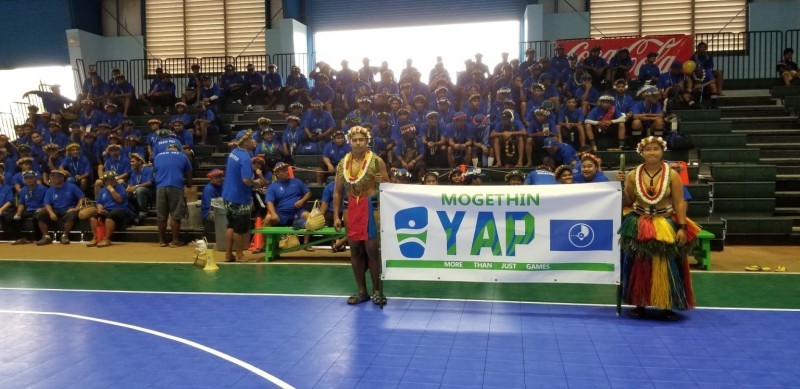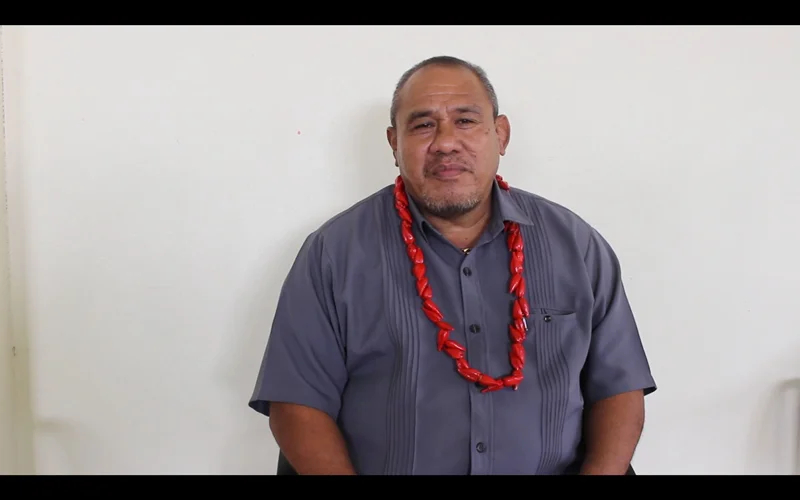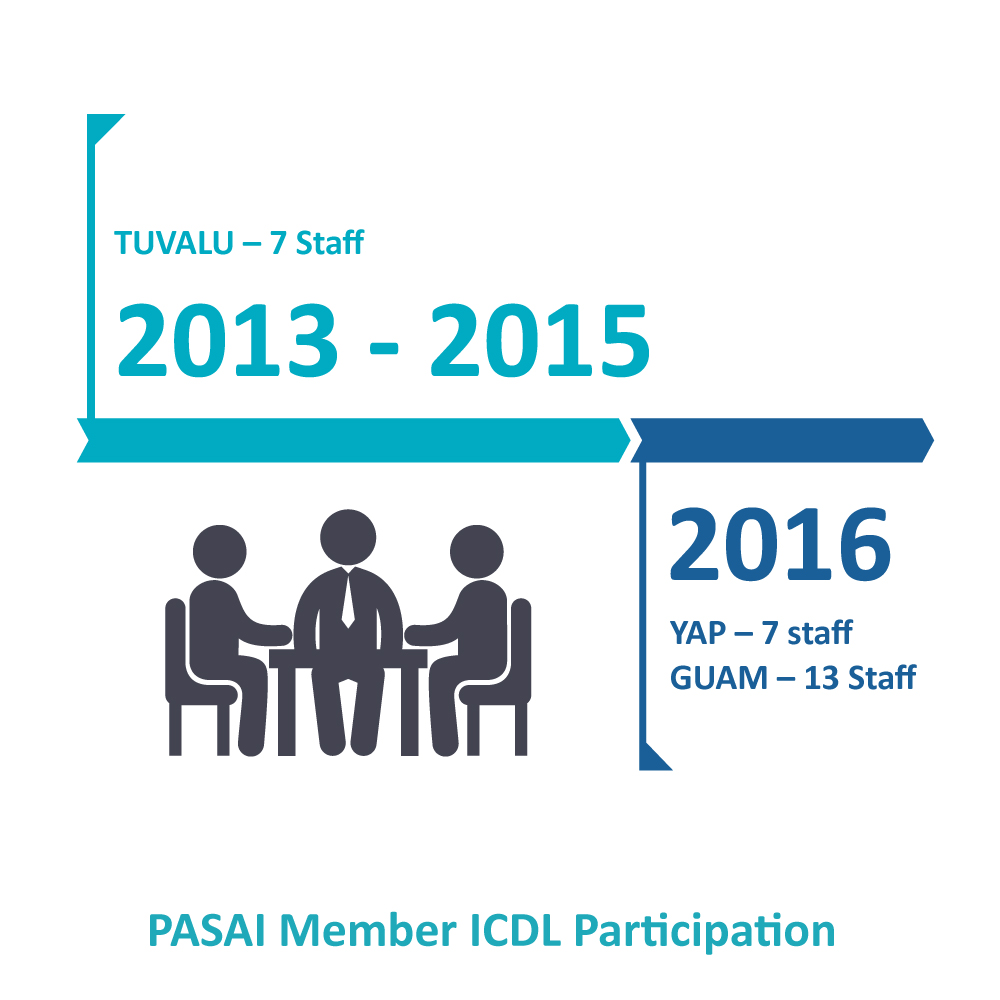It is indeed my pleasure to share with you my experience of “a day in the life of a Pacific Island Auditor General”. While some may envy my job, working in a small office on a small island surrounded by turquoise-blue lagoons, white beaches, and tropical green forests (or paradise, as some may call it), it may not always be as rosy as we would like to think.
The truth is, as a small Office we face our own difficulties, struggles, unique challenges and setbacks on a daily basis. I would say that there is no such thing as a typical day in the life of an Auditor General. Each sunrise presents us with different challenges, tricky situations, complex audit issues, and many learning opportunities.
I’m Allen Parker. I have been the Director of Audit, which is the head of the Cook Islands Audit Office (CIAO) based in Raratonga for the past 7 years, and I’ve spent over 20 years with the CIAO. The CIAO has three divisions: financial audit division, performance audit and special reviews/investigation division and corporate services. Our Office has 19 staff - 12 in the financial audit division, 4 in the performance audit and special reviews/investigation division and 2 in Corporate Services.
A normal day in my life as Director of Audit could entail meeting with my management team to discuss our strategic priorities, annual business plan, annual work program, divisional operational plans and office policies. Some of our discussions may focus on technical auditing issues or suggested improvements to our audit methodology, or it may be on staff welfare issues. I also spend my days meeting and working with divisional teams and individuals to deliberate on audit assignments, audit plans and to constantly remind them of my expectations of the work to be performed.
Reviewing audit files, audit opinions and audit reports - whether financial, performance or special investigation - is also part of normal day routine work. I devote a lot of my time to reviewing the audit opinions and audit reports we issue, to ensure we got it right and that our audit reports can stand up to scrutiny. After all, these are the end products on which the quality of our work is measured.
I do not attend all exit meetings with clients to discuss audit reports. I would normally attend these meetings only if there are controversial or sensitive audit matters to be discussed, disagreements with clients on audit findings or when we have completed a performance audit or special investigation or review report. Otherwise, this is managed by the Audit Advisor.
On some days, I could find myself sitting in front of a Cabinet Minister or Ministers, providing advice on financial transactions, accounting treatment, conflicts of interest, procurement and tender process or the likely consequences of the decisions they may take. These situations can sometimes be tricky and sensitive, so it’s important to remain calm, independent, professional and firm. I also devote time to working with the Public Accounts Committee (PAC) to identify significant matters arising from our reports, showing them the evidence to justify our conclusions and assisting them in articulating questions for PAC hearings.
In other cases, my day could involve giving evidence in Court if a public official is prosecuted as a result of one of our special investigation reports. These situations can also be tricky - especially when legal counsels representing the defendant manipulate questions or try to confuse you, so that you make errors in your response. It pays to prepare yourself thoroughly and have a good understanding of the audit report, the details of the audit and the audit evidence.
Like all other Heads of SAIs, I also have to deal with staff issues: recruitment of new staff, staff performances, salary increases and bonuses, and disciplinary measures to deter bad behavior or address poor performance. It is not the most comfortable situation to be in when discussing staff who are under-performing, demotions or terminations of staff. However, to protect the credibility of the office and to maintain the highest standards, I have to make difficult decisions and deal with these awkward situations.
And it doesn’t end there! As Director of Audit, I might also spend the day meeting with other stakeholders. This may include fronting up to the Budget Committee and justifying the office budget, meeting with development partners to discuss project proposals for the Office, or seeing representatives from regional and international organizations concerning either audits that we have completed, or potential audit topic areas that they would like the CIAO to undertake in the future.
Last but not least, a day in the CIAO is never complete without knowledge-sharing. Besides the day-to-day discussion on audit issues, this role has provided me opportunities to share experience and learn from staff members, our clients and a variety of stakeholders. I have embarked on a learning journey for almost 22 years with the CIAO, 7 of them as the Director of Audit, with new depths of experience, knowledge and technical skills acquired on a daily basis.
So yes, my working day may start and end with a walk on a beach of white sand beneath tropical palms, but for a Pacific Island AG, it’s another day at the office (in this case with a capital O) – and it is my privilege to be there.
Kia manuia.








































